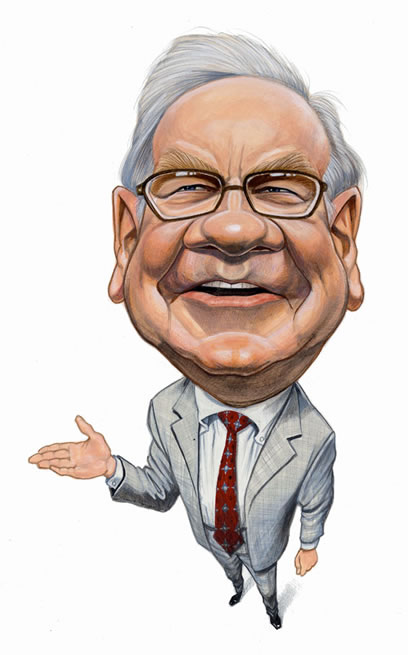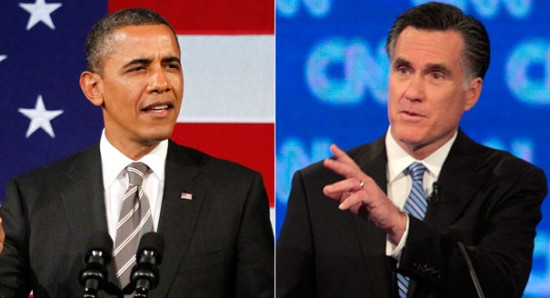Bill Bonner (partner/mentor/friend) made a massive fortune by investing 80% of his time and money in a single business. He is a cautious investor. But he’s also – from my perspective – a very courageous and committed investor. He sticks to one thing.
I’ve made my fortune, less impressive than Bill’s, by hedging my bets. I invest 80% of my time but less than half of my investible income on my main business. The rest is in proven, income-producing assets that grow without much prodding from me.
I don’t regret investing the way I do. Had I followed Bill’s path, my net worth might have been only a fraction of what it is today.
It comes down to this: To my mind, the most important factor in investment success has to do with psychology. Not the market’s insane psychology, but my own. That’s what I was thinking while reading an interview with Aswath Damodaran, a finance professor at NYU’s Stern School of Business, in Forbes recently.
I liked this bit particularly:
I tell people that the person you have to understand best to be a good investor is yourself. It’s not enough to understand what Warren Buffett does and [what] Peter Lynch does. It might surprise people, [but] I spend very little time reading investment books…
We live in a Google Search world. People think that if they search long enough, they can [find] answers to their questions, when in fact what they need to do is to stop and think about the questions and think through their answers.
We need to own our own investment philosophies. We need to think through what we think about markets.
If you have a deep understanding of macroeconomics, the investment markets, and you are a courageous and committed investor, you should invest the way Bill does. But if you have only a superficial understanding of those worlds and limited confidence, you may be better taking my approach: Work your ass off, focus on income, favor investments that you understand, and employ the three cardinal rules of investment safety: diversification, position sizing, and stop-loss strategies.



